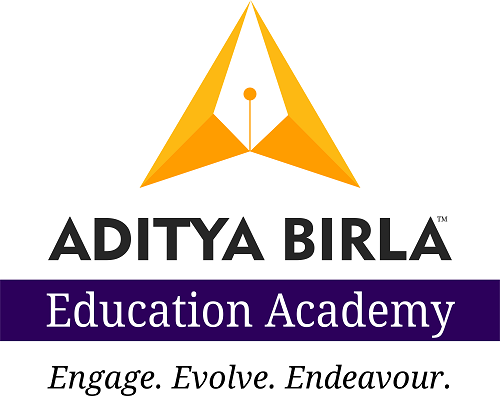-John Dewey
Research and teaching were considered as two precincts in exclusive space and spheres. In today’s Education 3.0 and 4.0, this Education 1.0 philosophy may not sustain for too long. Researcher and teacher cannot now be separated from each other. The teacher can survive in these times only when they are engaged in updating studies and research work. Education is no longer based on factory model but is more about education for empowerment.
The role of the teacher too has modified in the last few decades from being a transmitter of knowledge to being facilitator of knowledge. In this sense, creating learning environment for promoting the higher order thinking skills like critical thinking, decision-making, problem solving, and other thinking skills becomes an important responsibility of a teacher.
An empowered teacher is a reflective decision maker who finds joy in learning and in investigating the teaching/learning process—one who views learning as construction and teaching as a facilitating process to enhance and enrich development. (Fosnot (1989, p. xi).
The bridge to connect a teacher to equip with research and higher order skills is a reflective practitioner. A teacher who is a reflective practitioner can bridge the gap between the 2 spheres and create a teacher researcher and researcher in teaching.
Reflective practice is the ability to reflect on one's actions so as to engage in a process of continuous learning.
- Donald Schon
The reflective skills can be harnessed in pre-service education as well as in-service teaching through different techniques and activities. The aspiring as well as schoolteachers can cultivate the skills to be a reflective practitioner by undertaking small action research, maintaining reflective journal, involving in activities of understanding oneself, peer and self-feedback and involving in social engaging tasks. The reflective skills enhance research skills, communication skills, leadership skills, creative and critical thinking skills. Reflective thinking can be enhanced by 3 approaches – critical, narrative and cognitive.
Donald Schon, in 1987, introduced the concept of ‘reflective practice’ to define reflective thinking. According to Schon reflective practice involves thoughtfully considering one’s own experiences in applying knowledge to practice while being coached by professionals in a discipline. Schon’s (1987) notion of reflection encompasses three different modes of reflection not necessarily developmental in nature. These modes are reflection- on- action; reflection –in-action; and reflection for action.
ACTION RESEARCH AS A TOOL FOR REFLECTIVE PRACTITIONER
Research based approach is the most important as it can lead to deep learning in different dimensions of teaching and learning. The students are able to change their perspectives towards education and teaching as they as they are more involved in their curricular aspects and add their views to them.
In teacher education the student teachers are encouraged to use the research skills to investigate the theoretical and conceptual knowledge for deep learning. The research skills promote the student teachers to have a comprehensive attitude towards a concept, there is fostering of ownership in learning. This practice should be consciously undertaken by in-service teachers too.
Action research is not about just survey or observation, it is research for improved action and action taken, as in intervention, in research. Thus, action research is research for action and action in research.
In teaching too action research becomes a tool for knowledge enrichment and pedagogical improvement. Action research helps in critical thinking as well as transformative pedagogies. More so it can help the teacher to modify their teaching skills to meet the needs of the society and educate the future teachers with goals that can lead to quality teaching and education which was socially useful.
Action Research promote skills in teachers like -:
- Keen Observation
- Habitual Action evolving to critical thinking
- Deep learning as against surface learning
- Open-mindedness
- Sifting of knowledge
- Statistical as well as Mathematical skills
- Analytical and Critical thinking
- Understanding Inclusion and diversity
- Entrepreneurship
- Social Consciousness
To conclude in words of John Dewey, (1933) reflective thinking is an active, persistent, and careful consideration of a belief or supposed form of knowledge, of the grounds that support that knowledge, and the further conclusions to which that knowledge leads.







